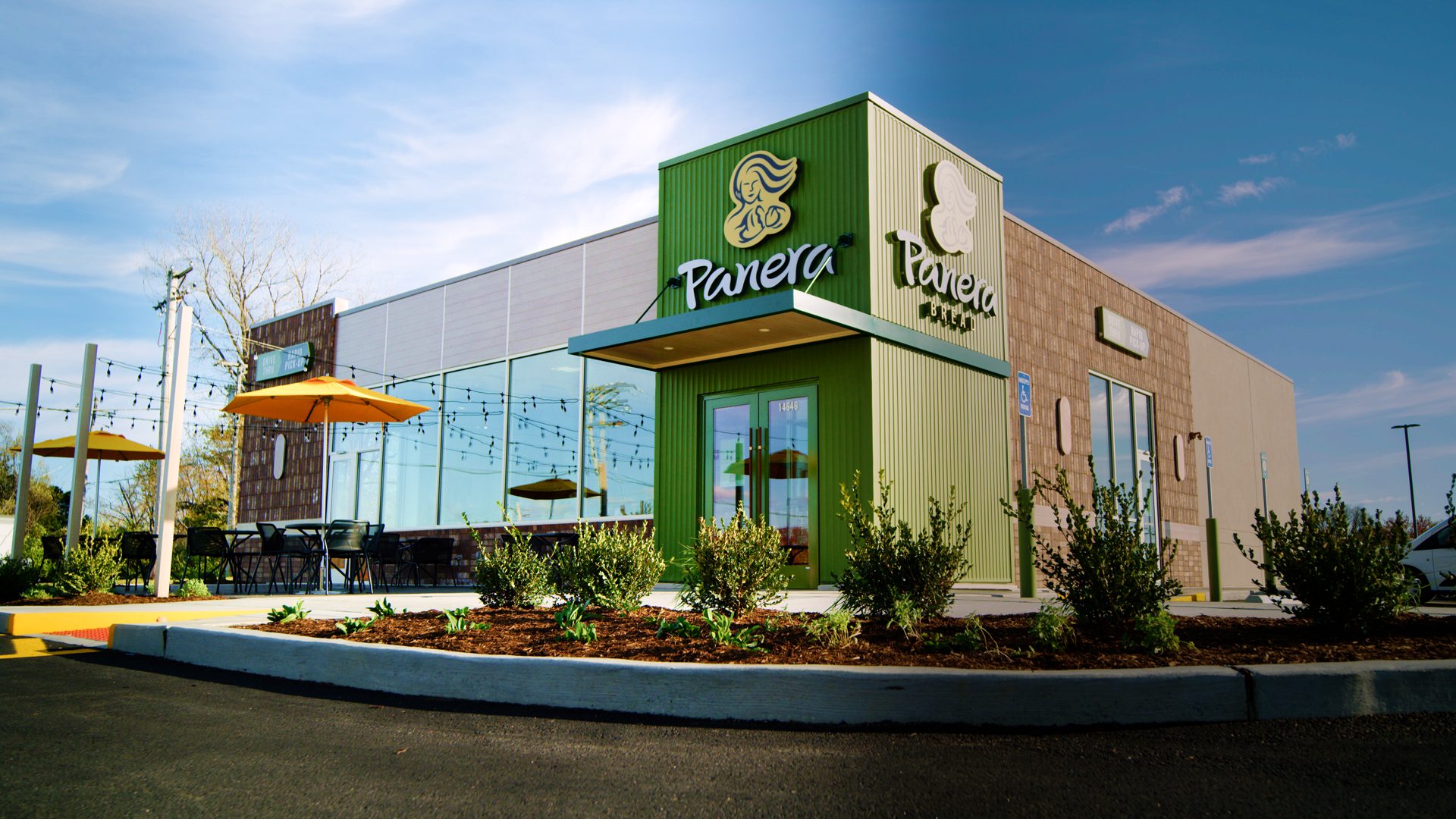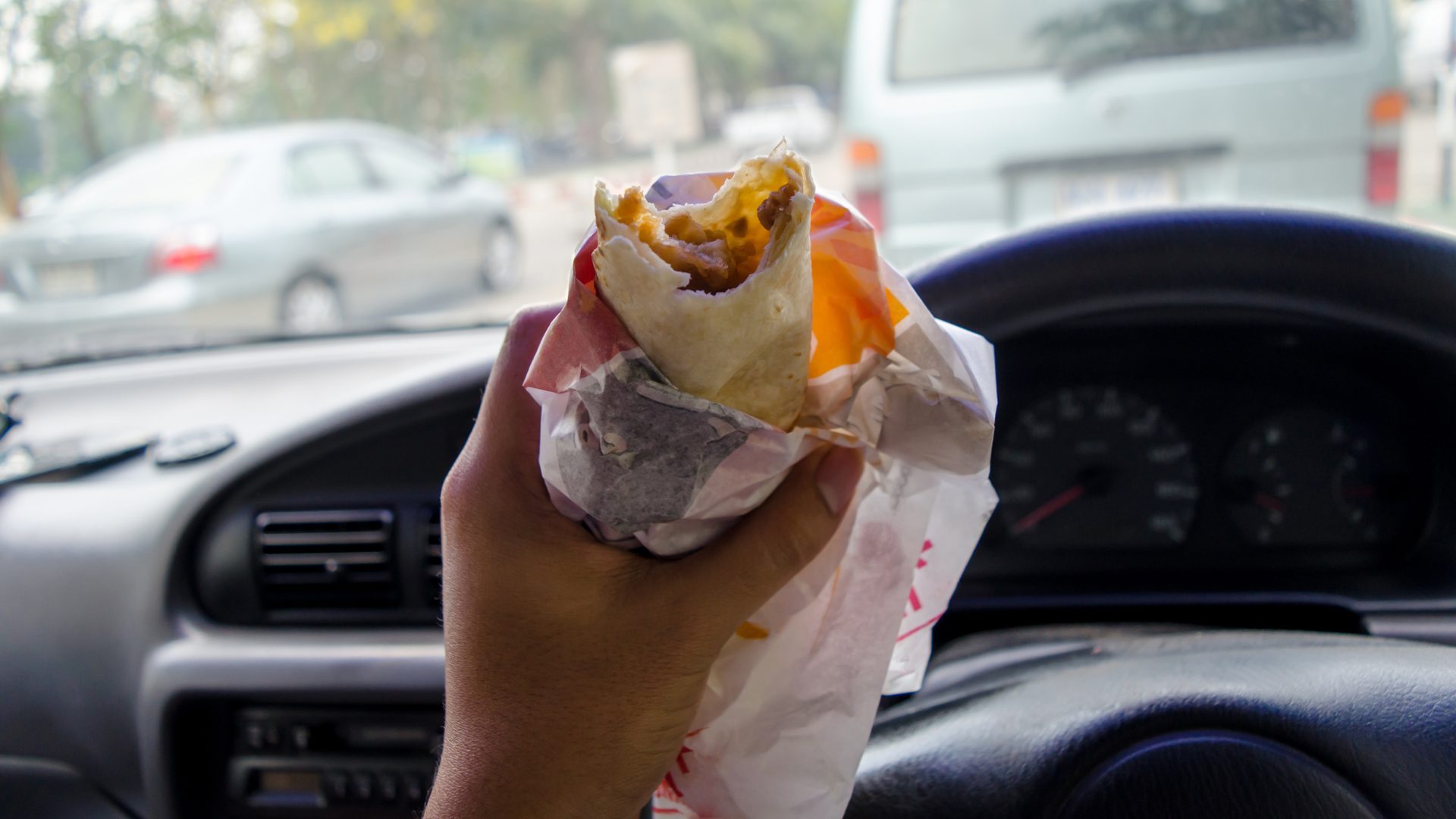We’ve seen a lot of CEOs come and go in the restaurant industry lately. It’s hard to watch, but it’s easy to see why it happens. That’s what happens when boards – groups that often don’t really understand the restaurant business – impose unrealistic strategies on their CEOs.
Boards aren’t giving CEOs the budgets they need in 2024. They’re not giving them the time it takes to fix their companies, either. Consider this stat I read this week: The tenure of CEOs at retail companies right now is about 7 months shorter than that of CEOs in the finance, tech, and manufacturing industries, according to research firm Equilar.
The boards of restaurant chains should give their CEOs more money, more time, more resources to get the brand back to normal. Yes, there should still be measurable results that need to be reached, depending on the concept and its situation. But you wonder why CEOs wash out so fast? The truth is, they got a vote of “no-confidence” from their board.
In 2024, restaurant chain CEOs often don’t feel like they have the buy-in from their capital sponsors to get where they’re trying to go. Most of these guys have heavy back-end bonuses; they’re not going to waste time if they’re never going to get their bonus.
I think private equity really hurts the industry, because they’re not focused on guest experience. They’re focused on cutting margins.
When restaurant chains cut margins all of a sudden, they’re cutting food quality, and they hurt the guest experience by lowering labor. And that demoralizes everyone on staff. Restaurants in that situation tend to have untrained and unmotivated employees – and it’s awfully tough for a staff to deliver the brand promise in that scenario.
I think that’s what’s driving CEOs crazy: They’re in a hard industry these days. It’s got all kinds of financial pressures, commodity pressures, and more. And then you’ve got a board that doesn’t understand that this is still a people business.
All too often with restaurant chains these days, private equity people – basically from the finance world – have invested in a concept and want their returns. They’re basically hiring CEOs to get their returns, and they’re not giving them the tools and resources to get there. You had a CEO recently that was in an out of P.F. Chang’s in what seemed like months, and it was because he got there and probably thought “I can’t turn this around; this chain is too atrophied.”
If you want to get a CEO that can fix a company or grow a company, they need to understand the competitive landscape, your customers’ options these days, and how to constantly position your brand to make people want your product over everybody else’s.
The worst CEO you could ever choose to lead a restaurant company is a finance person, unless they’ve really got restaurants in their bones. A finance person might improve a restaurant chain’s numbers in the short term, but they might very well blow up the company after a while.
Brian Niccol is a prime example of an effective CEO these days. He’s a restaurant guy.
Look at what Brian did at Chipotle. Chipotle is an ingredient play, and organic; that’s what’s important to them. And he came in and said “I’m not touching that. All I’m going to do is figure out how to get food to the customer faster and improve the digital journey. That’s it.”
Now Brian’s going to go to Starbucks and basically fix the same thing. He won’t come up with a lot of new products at Starbucks – he’s going to figure out how to get people their drinks and food quicker.
When it comes to restaurants’ leadership these days, everyone in charge needs to display a bit more patience. After all, when you think about all the issues in this industry, it’s taken a decade to get us to this point. It’s not going to be fixed overnight.
The Food Institute Podcast
Restaurant results for the second quarter weren’t stellar, but people still need to eat. Are they turning to their refrigerators, or are restaurants still on the menu for consumers? Circana Senior Vice President David Portalatin joined The Food Institute Podcast to discuss the makeup of the current restaurant customer amid a rising trend of home-centricity.












